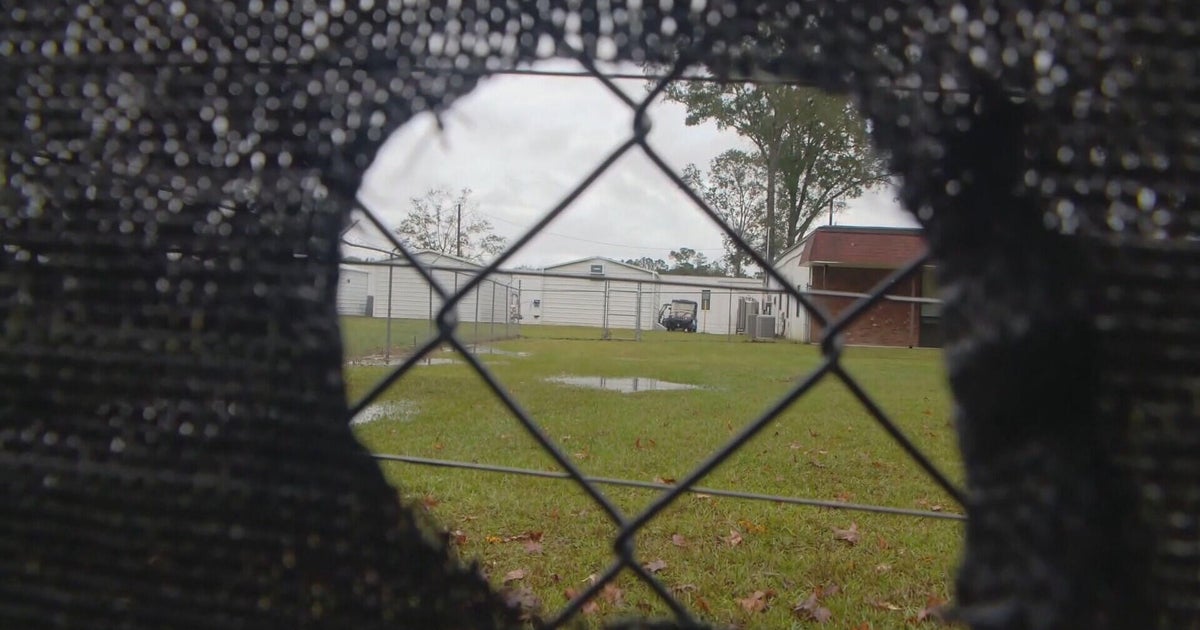A quirk in icare’s workers’ compensation policy has seen a Newcastle-based NDIS provider paying more than $800,000 in additional premiums since late 2017, with thousands of unknowing businesses also potentially facing inflated insurance fees.
State insurer icare’s policy of date rationalisation has seen the agency hit NDIS provider Includa’s insurance with a $1.1 million bill, $822,000 higher than the company estimates it should have been – and about 27 per cent more than it would have been if the first year of operation was factored in.

Mitchell Jones estimates his disability support company Includa has overpaid its icare premiums by more than $800,000 since being established because of a policy quirk of the insurer.Credit: Wolter Peeters
Date rationalisation occurs when policies’ end dates are aligned with the end of the month to make it easier for businesses reporting payroll. During budget estimates in early September, icare revealed 500 employers each year were affected by date rationalisation.
Includa co-founder and director Mitchell Jones has spent years fighting icare and the State Insurance Regulatory Authority (SIRA) over what he argues is an injustice. With the policy hidden within one document, he believes a significant number of employers could have been affected.
“Even if it’s just one-tenth of what my business has been charged, that’s a hell of a lot of money,” he said.
The practice of date rationalisation is applied to small employers’ workers’ compensation policies. To align icare’s billing and reporting requirements, these policies are shortened to conclude at the end of the month, regardless of the start date.
The practice most affects businesses that scale up quickly. The truncation means some employers are not eligible to have their premiums based on their first year’s experience, instead being defaulted onto industry rates – an inflated premium that jumps if there are claims in their second or third years.
What is date rationalisation? And what is the problem?
- Also known as “short terming”, policies’ end dates are aligned with the end of the month to make it easier for businesses reporting payroll.
- The problem arises in an unusual set of circumstances, typically when a small employer (base premium below $30,000) in its first year of operation becomes a large employer in year two.
- This means a (usually good) claims record is not counted.
- The company is therefore not eligible for an individualised claims rating that would benefit from a lack of claims in the first year.
- Consequently, the company is charged default industry rates, which becomes very costly if there are claims in the second or third year of insurance.
- That inflated premium becomes the benchmark moving forward.
Jones has questioned whether there was a legal basis for the policy. After requesting a review of his premiums, SIRA found there was “no legislative … or premium filing basis … identified” for date rationalisation, before later concluding the policy was “legally implied”.
“This is not only vastly contradictory, it also indicates SIRA’s willingness to backflip on a stern and logical position to appease icare, and evade responsibility for the approval of premium filings that have had a materially detrimental impact on NSW employers,” Jones wrote.
“Furthermore, SIRA’s failure to adequately foresee the detrimental consequences of date rationalisation calls into question SIRA’s regulatory capacity.”
There were about 5000 businesses that could have had their premiums inflated by date rationalisation, a policy he believes is on shaky legal footing, Jones claimed. Despite the significant financial implications for these employers, the policy hardly rates a mention, only appearing on one page buried deep within a policy information document.
Jones believes fast-growing employers like those in NDIS and disability support, health and community services and start-ups were most likely to be affected by this policy.
Subsequent negotiations have seen icare offer to reduce the premium owed from $1.1 million to $660,000, but Includa believes the offer is nearly $300,000 above what the costs would have been if the first year’s policy was not shortened.
Tony Wessling, icare’s group executive for workers’ compensation, told budget estimates earlier this month about 500 businesses’ premium policies were affected by date rationalisation each year since the policy was changed in 2013.
Loading
Greens MP Abigail Boyd said date rationalisation was a “perfect example” of icare’s “illogical, unpredictable” and “highly secretive” premium-setting process that was stacked against small and medium-sized businesses.
“Icare silently and arbitrarily decides to shorten an employer’s policy of coverage, not to reflect real experience but merely to suit icare’s own convenience around billing dates. This can have extreme and perverse outcomes for certain businesses facing compounding negative effects,” she said.
The revelation comes as the government’s contentious reforms of the state’s workers’ compensation system are in limbo. Treasurer Daniel Mookhey now faces months of delays as the bill is before an upper house inquiry.
With another inquiry hearing scheduled for early October, a Liberal source speaking on the condition of anonymity to detail private discussions said regular negotiations between Mookhey and his counterpart Damien Tudehope had been occurring since mid-June, but there was little sign of a breakthrough.
Minister for Work Health and Safety Sophie Cotsis said: “The first step to reducing pressure on the scheme is the parliament passing the government’s workers’ compensation reforms.
“As part of the government’s workers’ compensation reforms, the government is committed to reviewing premium methodology.”
A spokesman for icare said: “Aligning renewal dates to the end of the month makes the declaration of actual wages easier for employers, as the expiry date aligns to a month end, simplifying how they calculate and confirm their actual wages.
“SIRA has concluded this is in accordance with the Market Premiums and Practice Guidelines (MPPGs) and has not rejected any premium filing which included this.”
Start the day with a summary of the day’s most important and interesting stories, analysis and insights. Sign up for our Morning Edition newsletter.
Most Viewed in Politics
Loading


















































